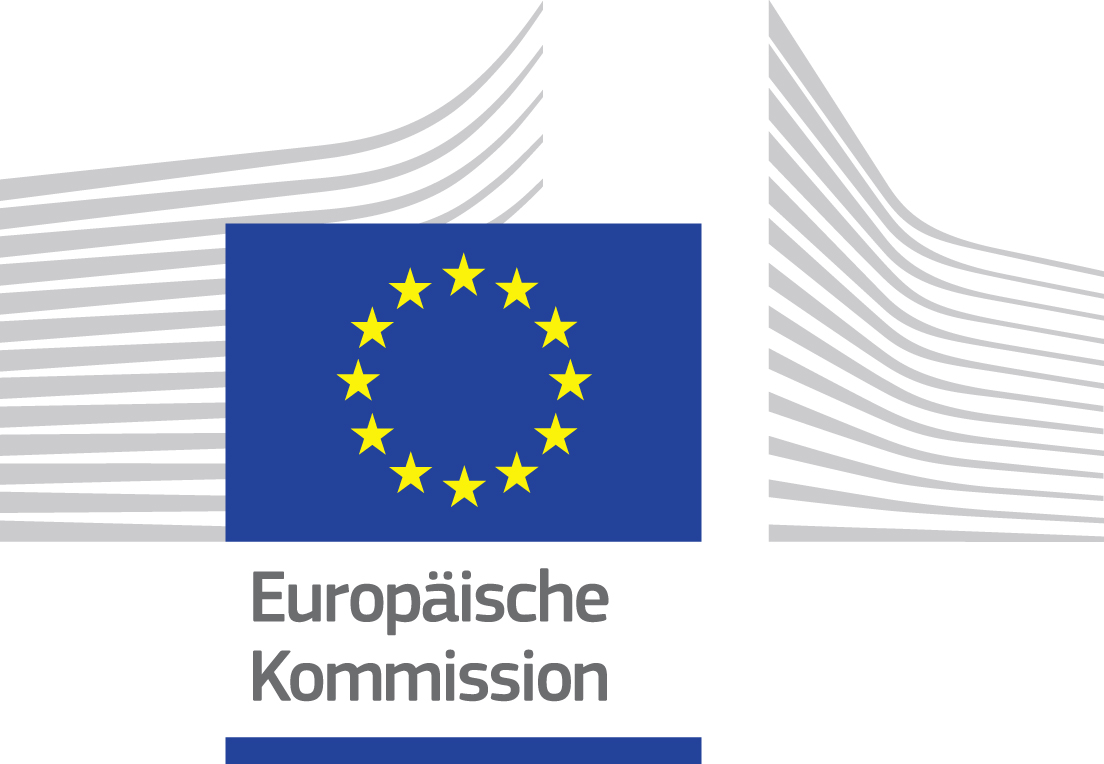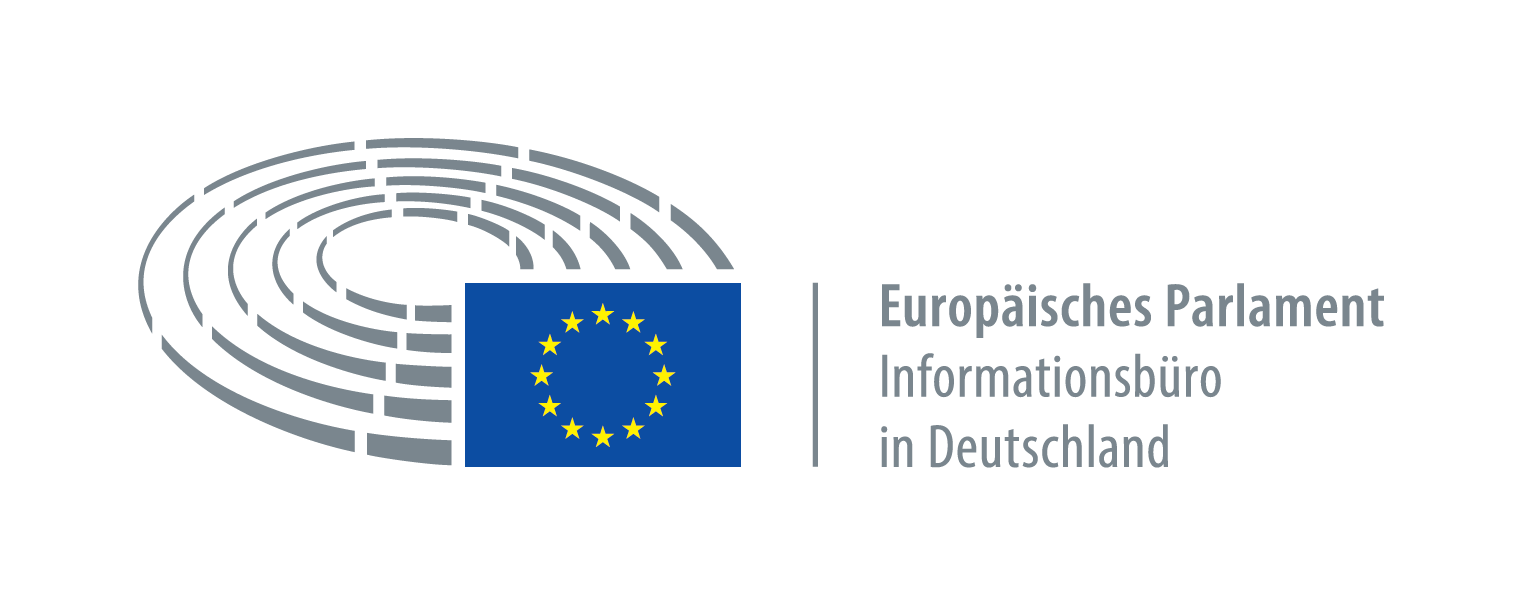Lunch debate with Norbert Spinrath, MP, European Affairs Spokesman of the SPD group in the Bundestag

On 18 October 2017 a Lunch Debate with Norbert Spinrath, European Affairs Spokesman of the SPD party in the Bundestag, took place in the European House in Berlin on the topic of: “Developing Europe socially and in solidarity”. At the outset of the event, Richard Kühnel, Head of the Representation of the European Commission in Germany, gave some introductory remarks, as well as greeted the speaker and the guests. Prof. Dr. Mathias Jopp, Director of the Institute for European Politics (IEP), chaired the event.
Within his commencing remarks, Richard Kühnel set the attention on the approaching Social Summit that is taking place on the 17th of November 2017 in Gothenburg with the aim to gather heads of governments, social partners and key players to work together on a more social Europe and the promotion of fair jobs and growth. In addition, he expressed his gratitude towards Mr. Spinrath for his close cooperation over the years and his dedicated commitment for a social and stable Europe. After his introduction, Mr. Kühnel handed the floor to Professor Mathias Jopp for his moderation.
At the outset of his speech, Mr. Spinrath referred to the fundamental problem of Euroscepticism and the lack of confidence of European citizens in a number of EU institutions. As a consequence of these negative tendencies it is of outmost importance to initiate a dialogue with these citizens to demonstrate the possibilities and chances that have erupted for many people within the European Union. Within this context, the sustainability of the concept shall be at the centre of attention. Particularly the reassurance of confidence in European institutions and the promotion of long-term solutions are of great necessity for a sustainable future of the EU. In recent years, mistakes have been made during the management of crisis and turmoil, especially as measures were based on short-term adaption rather than long-term stability. Hence, concrete strategies have to be developed in order to promote Europe, prevent the renationalisation of EU politicians within Member States and to counter populist movements.
To achieve these aspirations in the future, the European Single Market will need to be strengthened, cross-border cooperation will have to be deepened and free movement be further developed. Additionally, to guarantee the stability of the EU in the future, the European citizens will need to realize the personal benefits of EU regulations and policies. Only if this change of perception will cause a shift in the mind-set of many individuals will it be feasible to reassure the achievements and benefits of the EU. However, the aforementioned measures are by far not sufficient: Not solely within Germany can one identify the expansion of a social gap, but also within many other European states. Therefore, Mr. Spinrath emphasized the importance of convergence and comparable European living standards. As a consequence of this imbalance, it is not surprising that within Eastern European states, many prefer to retire early rather than to rely on an insufficient system of social assistance. This has tremendous consequences: In European regions, where an efficient social security system is missing, the willingness to accept refugees is rather low; hence, a fair redistribution is made more difficult which enhances the divisions within Europe. Therefore, Norbert Spinrath emphasized that if comparable living standards and a common European security system, including a European minimum wage, are to be enacted in the future; a decrease of intra-European migratory flows is achievable.
For the achievement of these aims, the participation of Germany and France is of outmost importance. In recent months, French President Macron succeeded in creating a pro-European atmosphere within his state. However, in the wake of the federal German elections in September, this atmosphere has not been similarly achieved within Germany. In addition, Mr. Spinrath reminded that the immense influence of Germany on European decision making processes should not lead to hegemonial perceptions. Germany must understand itself as an equal member among others and should prevent any tendencies of national selfishness for the development of common visions for the future of Europe.
In the subsequent lively discussion with the audience, the participants and Mr. Spinrath debated on the financial and social policy developments in Europe. Hereby Mr. Spinrath noted that in order to achieve more efficient and equitable social policies, more competences must be created for the EU and existing treaties shall be modified.
The Institute for European Politics would like to express their gratitude to Mr. Richard Kühnel for his introductory statement, Norbert Spinrath for his extensive speech on a social and solidary Europe, as well as to all guests for the lively discussion.
Author: Philipp Maluska
Translation: Lea Michel










